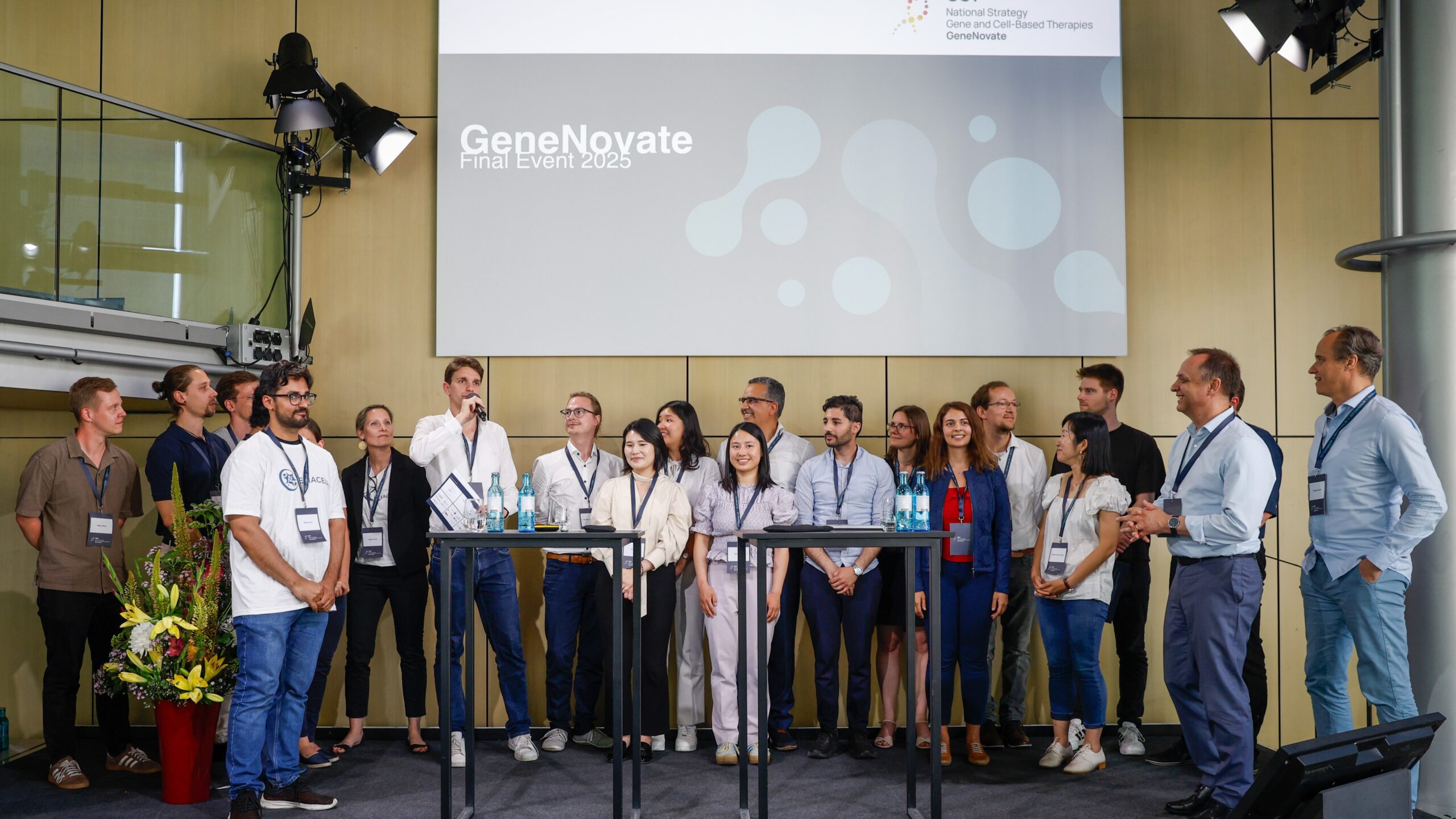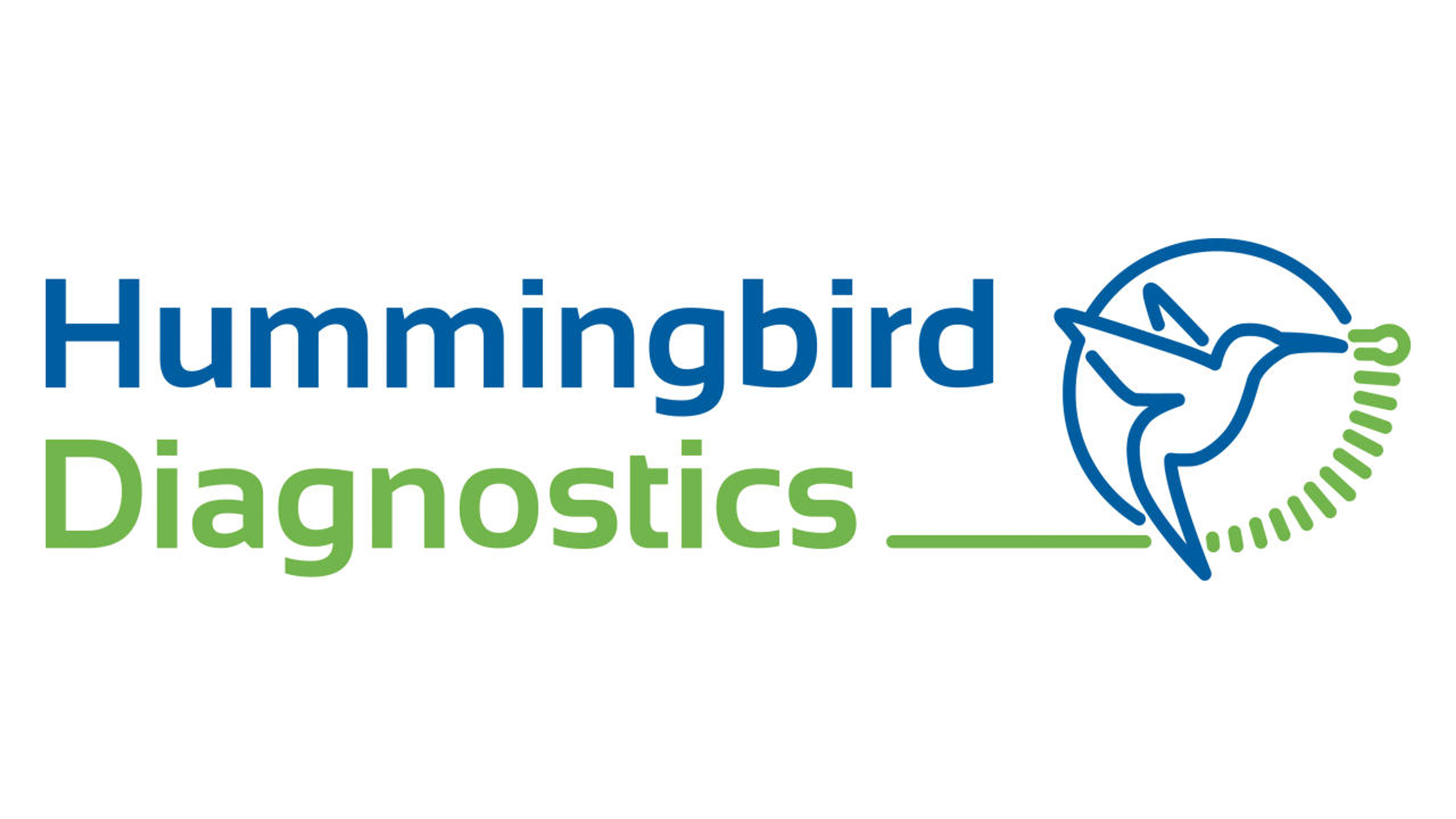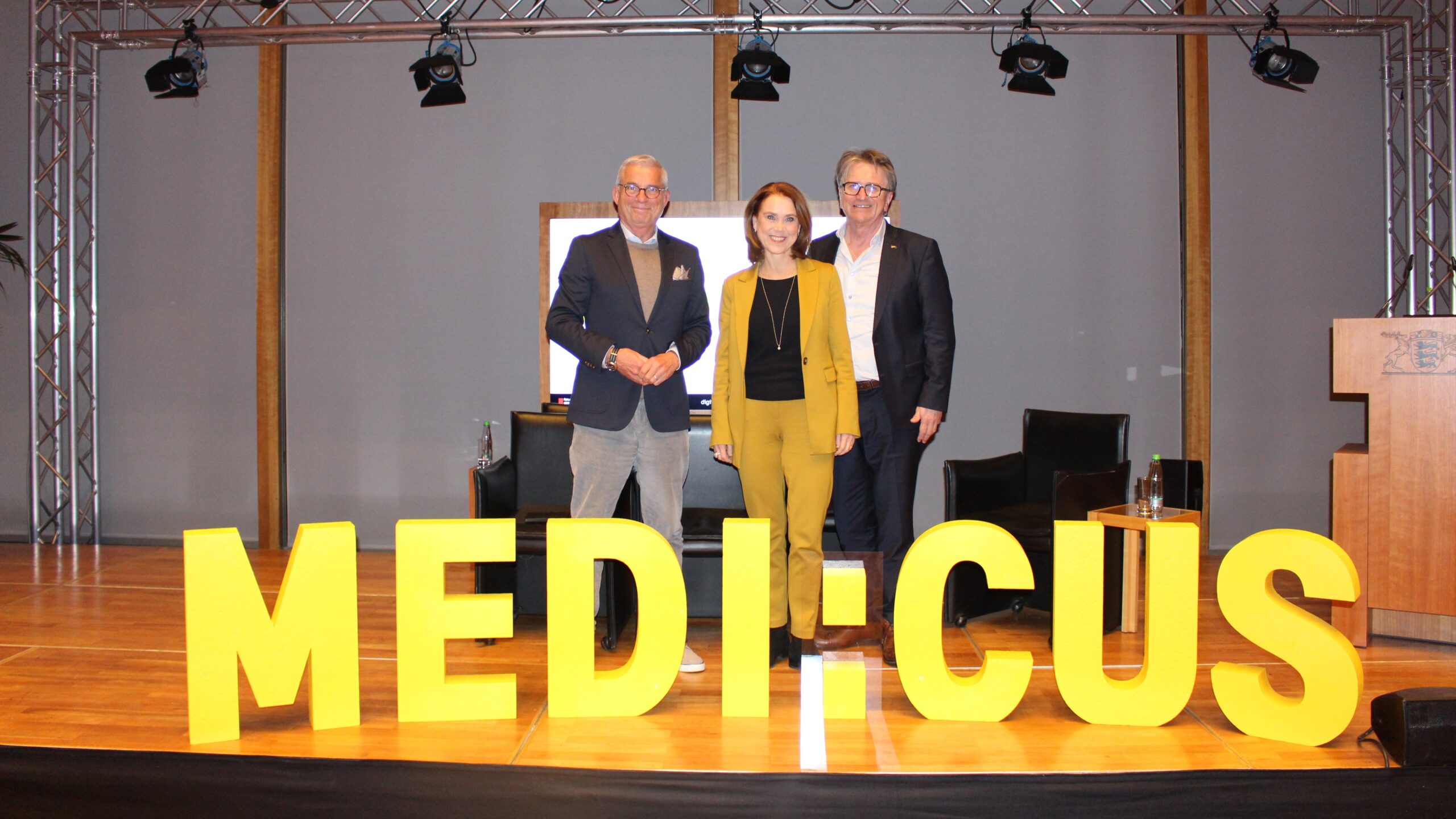Digital Self-Help Programs Support the Treatment of Eating Disorders

Heidelberg studies: online interventions might bridge healthcare gaps
Digital self-help programs for adults with eating disorders may contribute to significantly reducing the symptoms in affected individuals. That is shown by two studies on binge eating and bulimia nervosa conducted by scientists at Heidelberg University. The Research Unit Clinical Psychology and Psychotherapy tested the potential of cognitive-behavioral online interventions. In addition to improvements in eating behavior, participants showed positive changes, among others, in dealing with illness-related everyday difficulties. Hence, programs of this kind could help bridge treatment gaps for these conditions.
Eating disorders are psychological conditions marked by pathological eating behavior and a negative body image, along with related emotional and physical consequences. Among the most frequently diagnosed illnesses are binge eating disorder and bulimia nervosa. Patients experience recurrent, uncontrolled eating episodes; in the case of bulimia nervosa, this is often accompanied by compensatory behavior, such as vomiting or excessive exercise. Eating disorders are often chronic and impair both physical health and the social and working life of those affected. Effective early interventions might remedy this, yet patients rarely undergo evidence-based psychotherapy, according to the Heidelberg scientists. This problem is compounded by obstacles such as long waiting times, the limited availability of therapy, and the fear of stigmatization.
In Prof. Dr Sven Barnow’s team, Luise Pruessner, Steffen Hartmann, and Christina Timm have conducted two studies to investigate the effectiveness of cognitive-behavioral online interventions to treat binge eating disorder and bulimia nervosa. Digital interventions offer not only flexibility, cost efficiency, and opportunities for treatment regardless of location – they also allow for independent use without therapeutic guidance. The randomized clinical trials included 154 participants each, aged from 18 to 65. They were randomly assigned to a “intervention group“ that received access to the respective digital self-help program, or to a control group without access to this program. The studies were carried out at the Research Unit Clinical Psychology and Psychotherapy at the Institute of Psychology at Heidelberg University.
The results show that those who had received access to a 12-week digital self-help program experienced a significant reduction in eating disorder symptoms compared to the control group. According to the Heidelberg scientists, there were also improvements in self-esteem and in coping with emotions and illness-related difficulties in everyday life. In those with binge eating disorder, there was also an improvement in general well-being and in symptoms of depression and anxiety, while no comparable progress was observed in bulimia nervosa. More research is therefore needed to further increase the effectiveness of digital self-help programs. “Our research unit’s findings show the critical importance of consciously managing one’s emotions in a way that is appropriate to the situation to better cope with psychological problems. Emotion regulation trainings, whether digital or analog, should focus on this aspect,” underlines Prof. Barnow, who heads the Research Unit Clinical Psychology and Psychotherapy.
In the long run, according to the Heidelberg scientists, digital therapy programs can play a key role in bridging healthcare gaps for eating disorders. As a supplement to conventional psychotherapy, they are expected to shorten the long waiting times for traditional forms of treatment. They are particularly valuable for individuals whose geographic or personal circumstances limit their access to face-to-face therapies. Their seamless integration into the health system would enable timely support and could improve the well-being and health of those concerned.
The studies were based on two digital self-help programs developed by a specialist company and recognized by statutory health insurance schemes. The Department of Clinical Psychology and Psychotherapy has, as an independent authority, verified the effectiveness of these programs. The results of the two studies have appeared in two articles in the journal “JAMA Network Open”.
Original publications
L. Pruessner, C. Timm, S. Barnow, J. A. Rubel, C. Lalk & S. Hartmann: Effectiveness of a Web-Based Cognitive Behavioral Self-Help Intervention for Binge Eating Disorder: A Randomized Clinical Trial. JAMA Network Open, 7(5), e2411127 (16 May 2024)
S. Hartmann, C. Timm, S. Barnow, J. A. Rubel, C. Lalk & L. Pruessner: Web-Based Cognitive Behavioral Treatment for Bulimia Nervosa: A Randomized Clinical Trial. JAMA Network Open, 7(7), e2419019 (3 July 2024)




